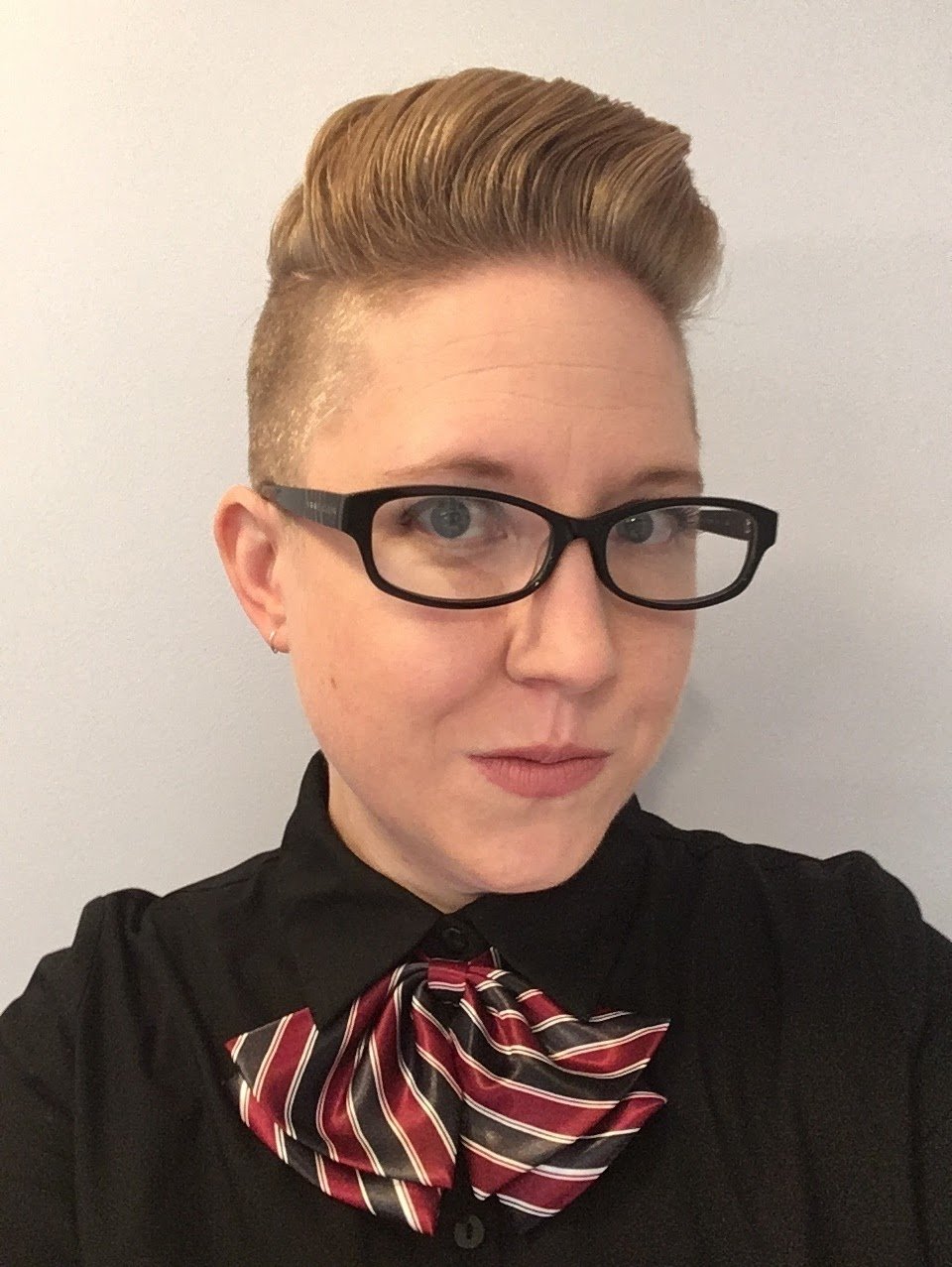
Founded in 2022 by Professor France Winddance Twine,
this Tech Justice Lab is a think space, a collaboratory and an interdisciplinary salon that brings graduate students from the arts, humanities, social sciences into dialogue and collaboration with engineering and computer science students.
The Tech Justice Cafe will launch a speaker series in the Fall of 2022 and salon devoted to the intersections of justice studies, critical technology studies and comparative racial and ethnic studies.
For more information, see technologiesforjustice.org
Upcoming Events
Laurel Westbrook
October 20th, 2022, 3–5pm
McCune Conference Room
Humanities and Social Sciences Building at UC Santa Barbara
David Nemer
“Technology of the Oppressed”
Thursday, November 17th, 2022
3–5pm
UC Santa Barbara
In this talk, David Nemer will discuss how Brazilian favela residents engage with and appropriate technologies, both to fight the oppression in their lives and to represent themselves in the world. Brazilian favelas are impoverished settlements usually located on hillsides or the outskirts of a city. In his latest book, Technology of the Oppressed (MIT Press, 2022), David Nemer draws on extensive ethnographic fieldwork to provide a rich account of how favela residents engage with technology in community technology centers and in their everyday lives. Their stories reveal the structural violence of the information age. But they also show how those oppressed by technology don't just reject it, but consciously resist and appropriate it, and how their experiences with digital technologies enable them to navigate both digital and nondigital sources of oppression—and even, at times, to flourish. Nemer uses a decolonial and intersectional framework called Mundane Technology as an analytical tool to understand how digital technologies can simultaneously be sites of oppression and tools in the fight for freedom. Building on the work of the Brazilian educator and philosopher Paulo Freire, he shows how the favela residents appropriate everyday technologies—technological artifacts (cell phones, Facebook), operations (repair), and spaces (Telecenters and Lan Houses)—and use them to alleviate the oppression in their everyday lives. He also addresses the relationship of misinformation to radicalization and the rise of the new far right. Contrary to the simplistic techno-optimistic belief that technology will save the poor, even with access to technology these marginalized people face numerous sources of oppression, including technological biases, racism, classism, sexism, and censorship. Yet the spirit, love, community, resilience, and resistance of favela residents make possible their pursuit of freedom.
David Nemer is an Assistant Professor of Media Studies at the University of Virginia.


